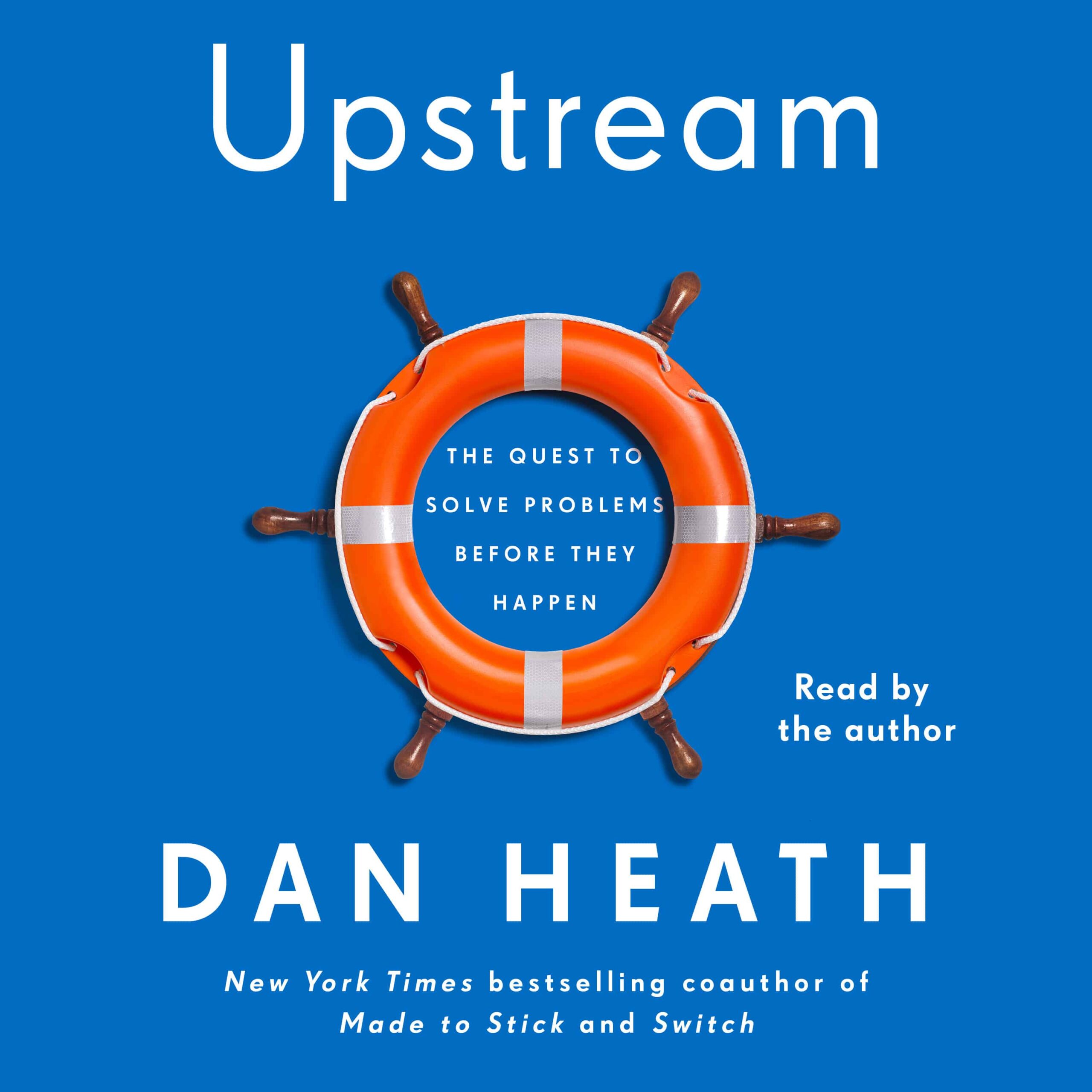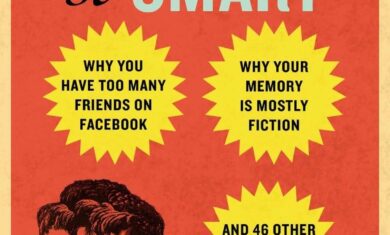The idea of “the prophet’s dilemma” is interesting to think about. In short, it’s a type of self-defeating prophecy, where the act of predicting something causes it not to happen.
The opposite would be a self-fulfilling prophecy, which we see quite often. An example would be thinking that you have stage fright, leading to actual stage fright when you get in front of the lights.
For self-defeating prophecies, a good example comes from Oxford Reference:
A more natural and less paradoxical example is the following: a doctor may discover that a particular patient has a strong genetic predisposition to breast cancer and may predict that she will develop the disease; but the patient may respond to the prediction by having a double mastectomy, eliminating the possibility of developing breast cancer.
The prediction of breast cancer directly led to the patient not developing breast cancer. This concept came up while reading Dan Heath’s excellent book “Upstream“, where he shares his thoughts on it:
There’s a concept called “the prophet’s dilemma”: a prediction that prevents what it predicts from happening. A self-defeating prediction. What if Chicken Little’s warnings actually stopped the sky from falling? The Y2K bug was an example of the prophet’s dilemma. The warnings that the sky would fall triggered the very actions that kept the sky from falling.
Y2K was indeed a great example of that. Many people prophesized that the year 2000 would cause computer crashes, so companies spent billions of dollars to prevent it from happening. When January 1, 2000 arrived without many issues, some thought that meant the warnings were overhyped. In reality, the warnings caused companies to prepare for it and kept the chaos from happening.
More casually, I think many types of warnings could be considered small versions of the prophet’s dilemma. If it’s wet outside and I say “be careful walking on the rocks or you’ll slip”, and you’re careful so that you don’t slip, you essentially heeded my prophecy and kept it from coming true.
Three angles
In trying to motivate someone (including yourself), I think there are three pieces to this. Take for example a job interview coming up, which you could approach three different ways:
- Self-fulfilling, positive: “You can do this. You deserve this job.“
- Self-defeating, tactical: “If you show up late you won’t get this job.“
- Self-fulfilling again, this time negative: “You don’t deserve this job.“
For most of us, a combination of 1 and 2 tends to work out well. Be positive, and check the right boxes. Slipping into 3 is likely to be self-fulfilling in a bad way.
I don’t see the prophet’s dilemma being much of a real “dilemma” in most cases, but it certainly can be a useful tool to try to predict a bad event in the future and then work hard to keep it from happening.




